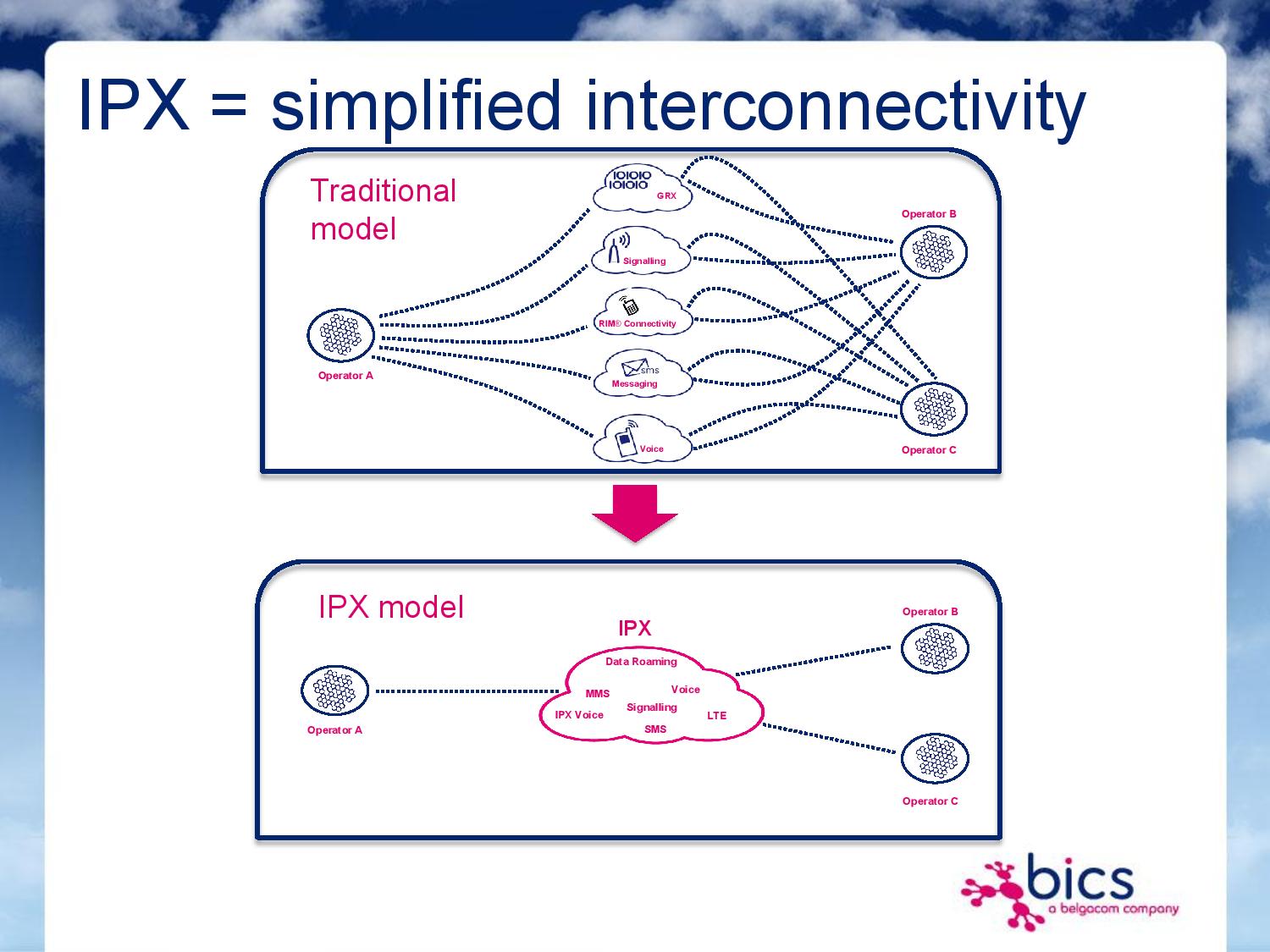How IoT and collaboration are transforming the mobile communications industry

Daniel Kurgan, CEO at BICS
Despite its name, Mobile World Congress is about so much more than mobile handsets. Now in its 31st year, MWC retains its title as the biggest event in the telecoms calendar, yet it has undergone an astounding transformation from mobile tradeshow to technology behemoth.
Here, Daniel Kurgan, CEO of BICS, discusses the key themes, news and innovations surrounding the event this year and how they will shape the telecoms industry long after the show closes its doors.
IoT and automotive driving mobile transformation
MWC was traditionally a place for headline-grabbing launches from handset heavyweights, with mobile used as a standalone channel by operators to provide core voice services for these devices. While voice still remains one of the biggest revenue streams for mobile network operators (MNOs), mobile has now evolved into a baseline for new, branded digital experiences, including chatbots, messaging apps and OTT services.
This year, we can still expect the usual smartphone launches from the likes of Sony, LG and Huawei, and a lot of the same messaging services we now rely upon. However, we’ll also see much more interesting uses of the mobile platform coming to the fore.
The Internet of Things (IoT) has been a key driver in the transformation of the mobile industry, so much so that other industries are now sitting up and taking notice. The automotive sector in particular has been at the forefront of this shift, turning to mobile to provide the connectivity and infrastructure required to power functions such as in-car heating, smart navigation systems and parking sensors.
At last year’s MWC, for example, automotive giant SEAT teamed up with Samsung and SAP to showcase a conceptual experience of the connected car of the future, operated by fingerprint technology. Mobile operator AT&T was also creating ripples in the connected car space, showcasing its telematics prowess.
We’re likely to see a flurry of more deployments of global IoT solutions – automotive or otherwise – at the 2017 event, as equipment manufacturers and enterprises look to embed global connectivity into their propositions, with mobile at the core.
Collaboration through M&A creates new services and competition
In 2016, we saw a number of high-profile M&As in the telecoms industry as major operators looked to enhance their digital propositions by introducing content and media services. This was evident in the US, with the Verizon-Yahoo! M&A deal and the recent $85 billion move by AT&T to acquire Time Warner. Across the pond, the UK incumbent BT acquired EE, the country’s largest mobile operator.
At MWC this year we may see similar stirrings again, but on a micro-level. Mobile operators and pure-play telecoms businesses will look to partner with digital service providers and cloud communications companies in order to boost their offerings by embedding rich communications services into their core proposition.

This includes messaging functionalities such as group chat, location sharing and typing indicators, and also enterprise uses such as file sharing, live sketching, improved authentication and app security. A recent example of this was the partnership between French operator Bouygues Telecom and security business Danal, to address the growing demand for mobile identity services in France.
In order for any player – be it mobile operator, digital content provider or even retail company – to take advantage of the promise of mobile this year, and in the years to come, collaboration will be crucial. Partnerships with like-minded and peripheral companies, and connections facilitated by wholesalers, will help businesses share assets and intelligence in order to develop and roll out new services to new markets.
Anyone who has been to MWC knows that differentiating in this highly competitive sector is no mean feat. In order to stand out from the crowd – and the bright lights of the mobile industry’s premier showcase of innovation – convergence and partnerships will equate to success in Barcelona and beyond.
MWC is always a landmark in its own right, yet this year will be the last time that European visitors at the show face hefty roaming charges. This year, expect interesting launches, some incredible innovations, and a fiercer marketplace than ever before.
The author of this blog is Daniel Kurgan, CEO at BICS
Comment on this article below or via Twitter @IoTGN
